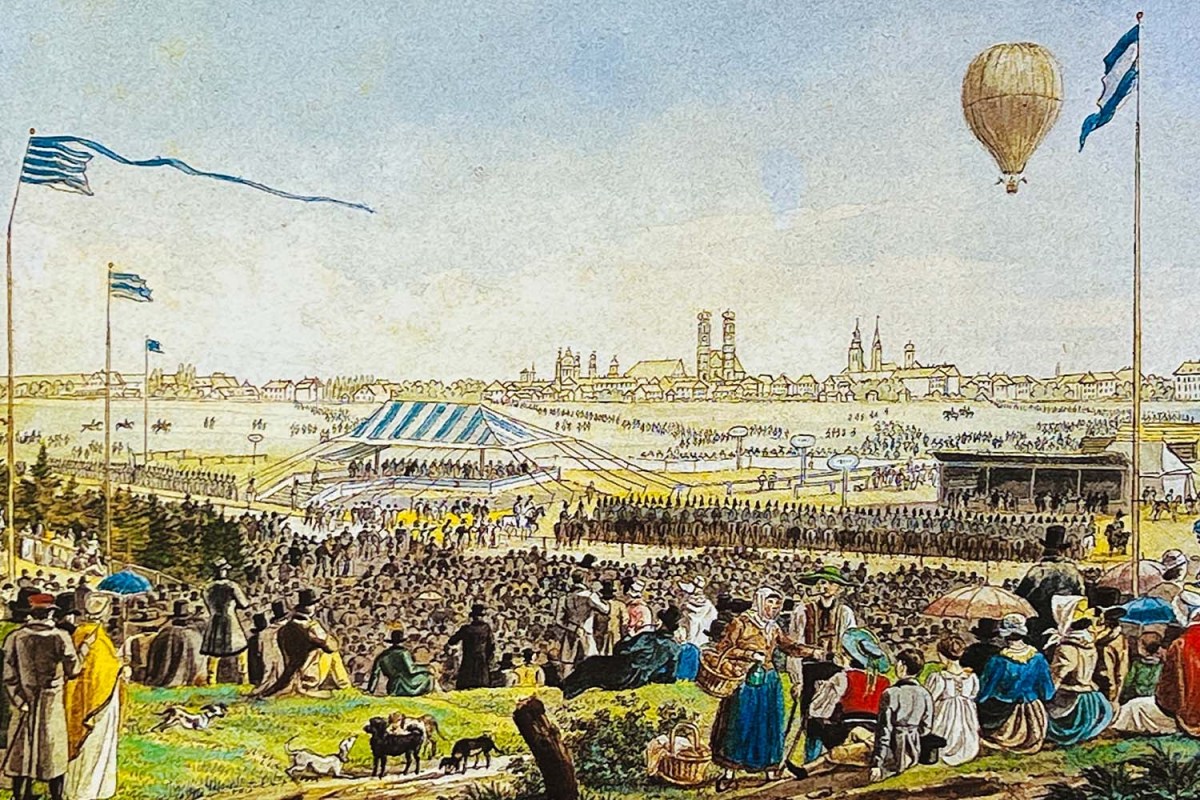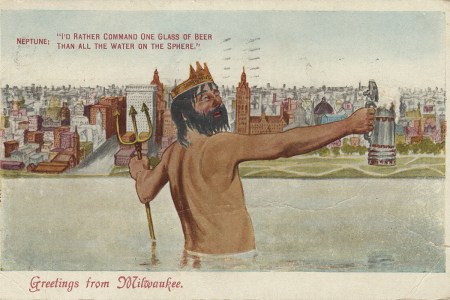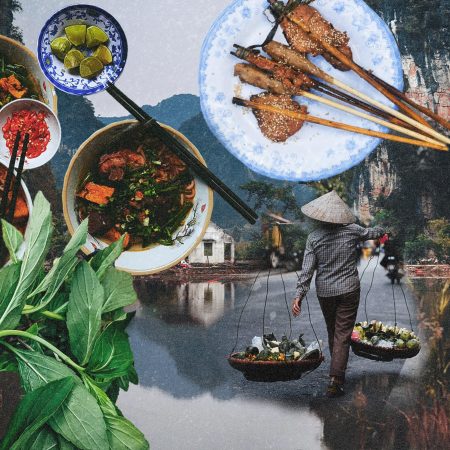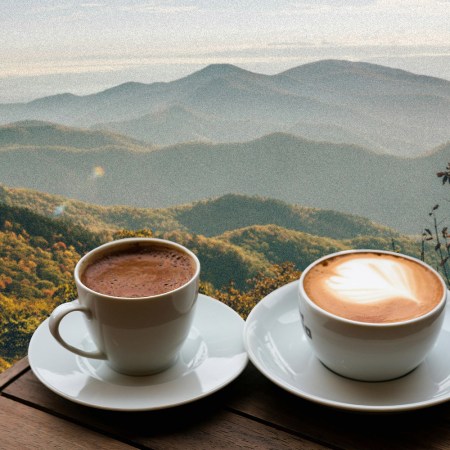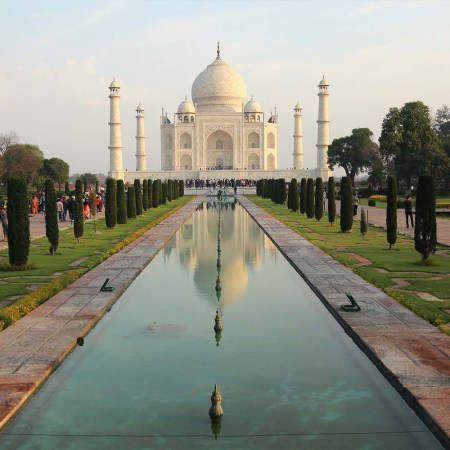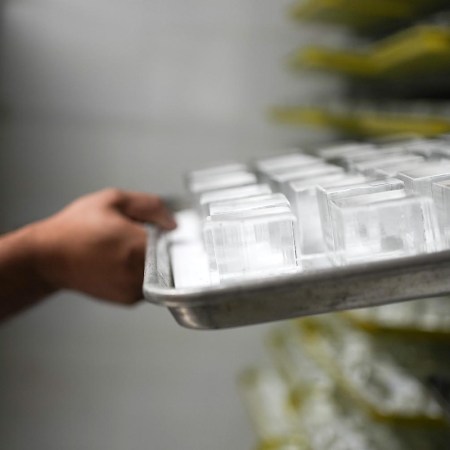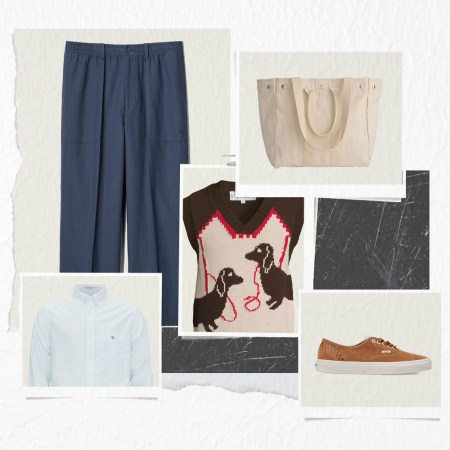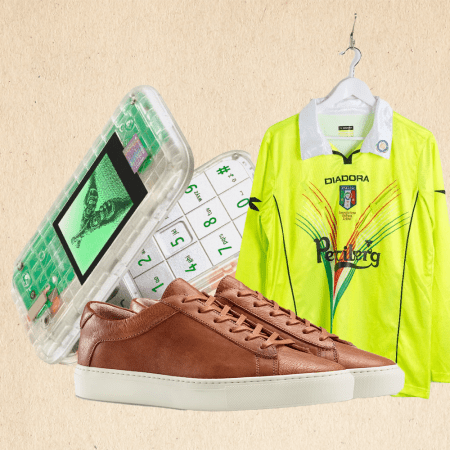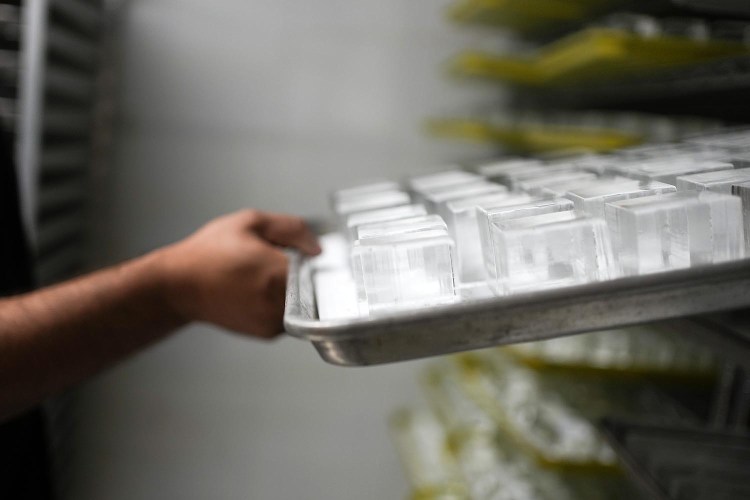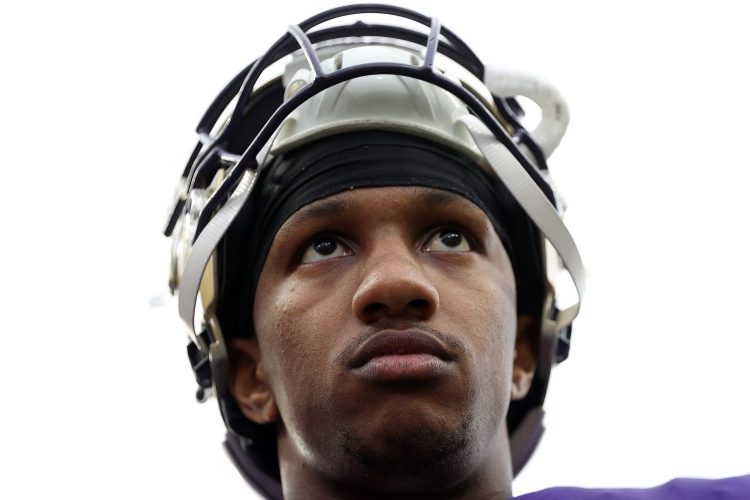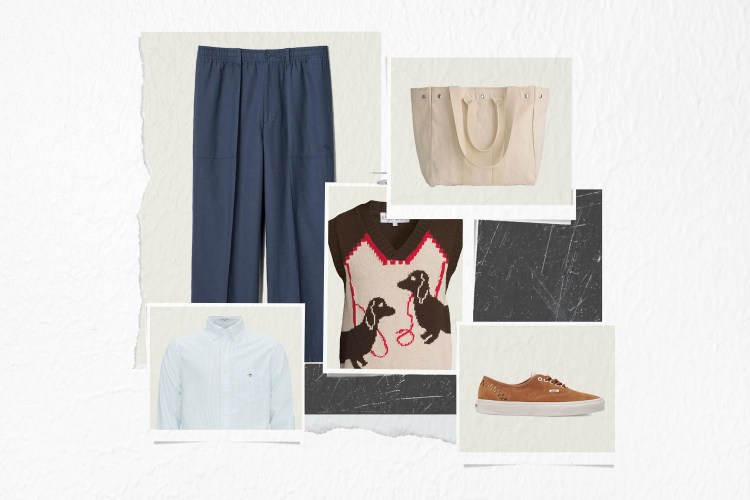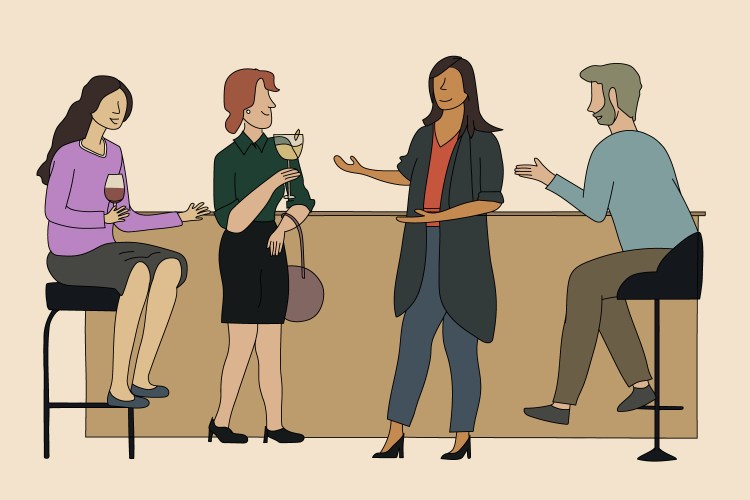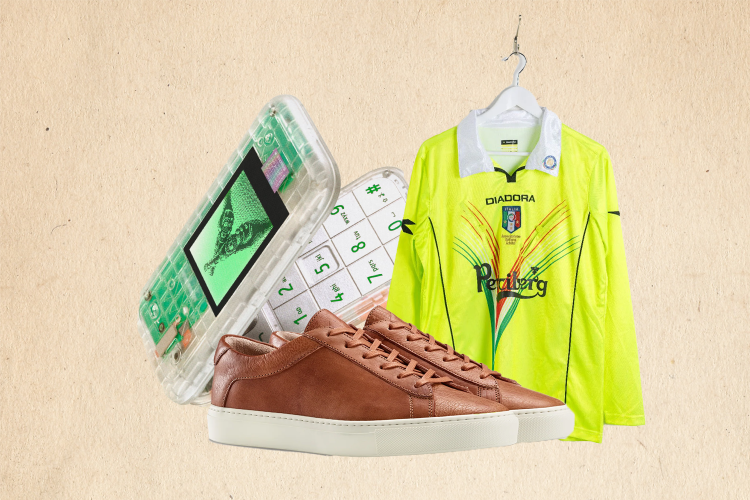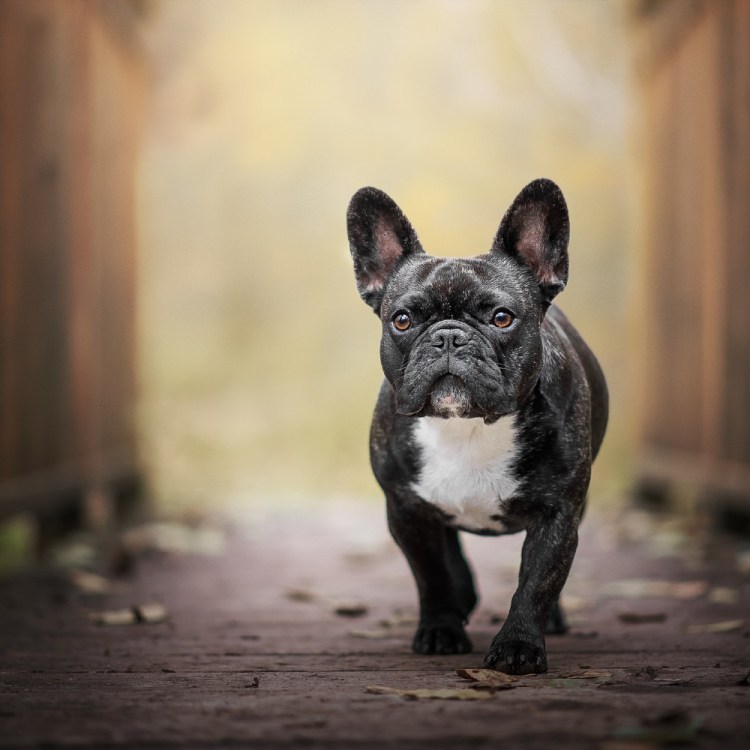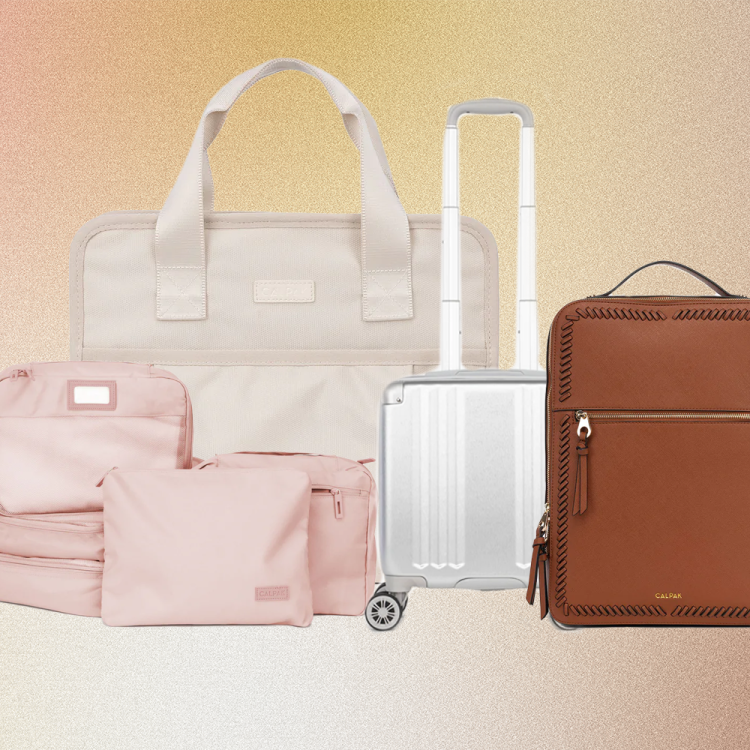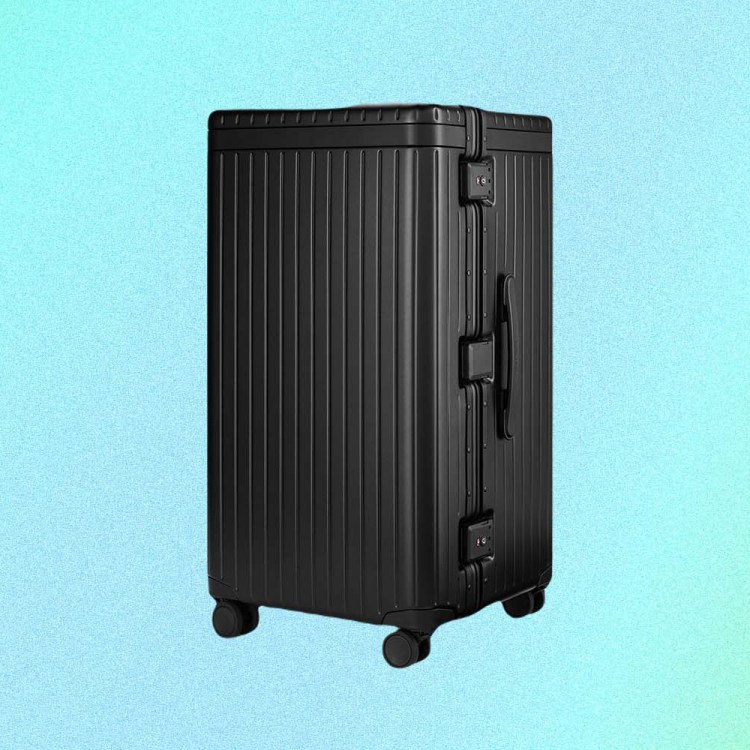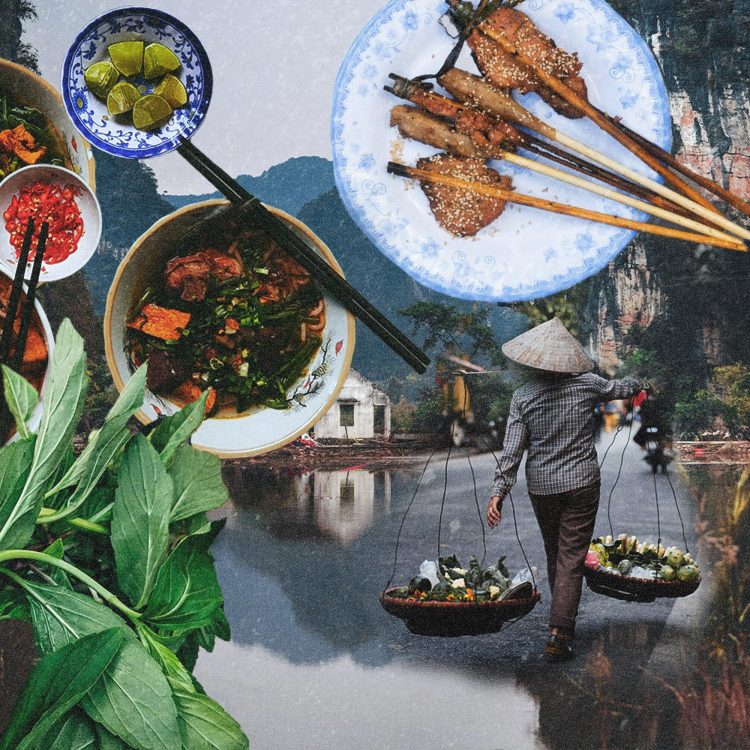More than 500 years ago, when most countries struggled to supply citizens with clean drinking water, Bavaria was codifying the tenets of beer production. It enacted the Reinheitsgebot — or beer purity law — in 1516, a statute that limited brewers’ collective arsenal to just four ingredients: water, malt, hops and yeast. The Bavarian law spread across Germany and is still in effect today, practiced at breweries and around the country, including at the historic destinations dotting beer-obsessed Munich.
Munich often conjures images of dirndl-clad servers running beer steins to packed tables inside massive tents at annual Oktoberfest celebrations, and for good reason — Munich’s Oktoberfest is the best and most authentic in the world. But the two-week festival is just one part of the city’s beer culture. Munich is home to many of Germany’s, and Europe’s, oldest breweries, where locals and visitors can gather year-round to drink centuries-old recipes, snack on sausages and schnitzel, and listen to live polka bands. Here’s where to partake.
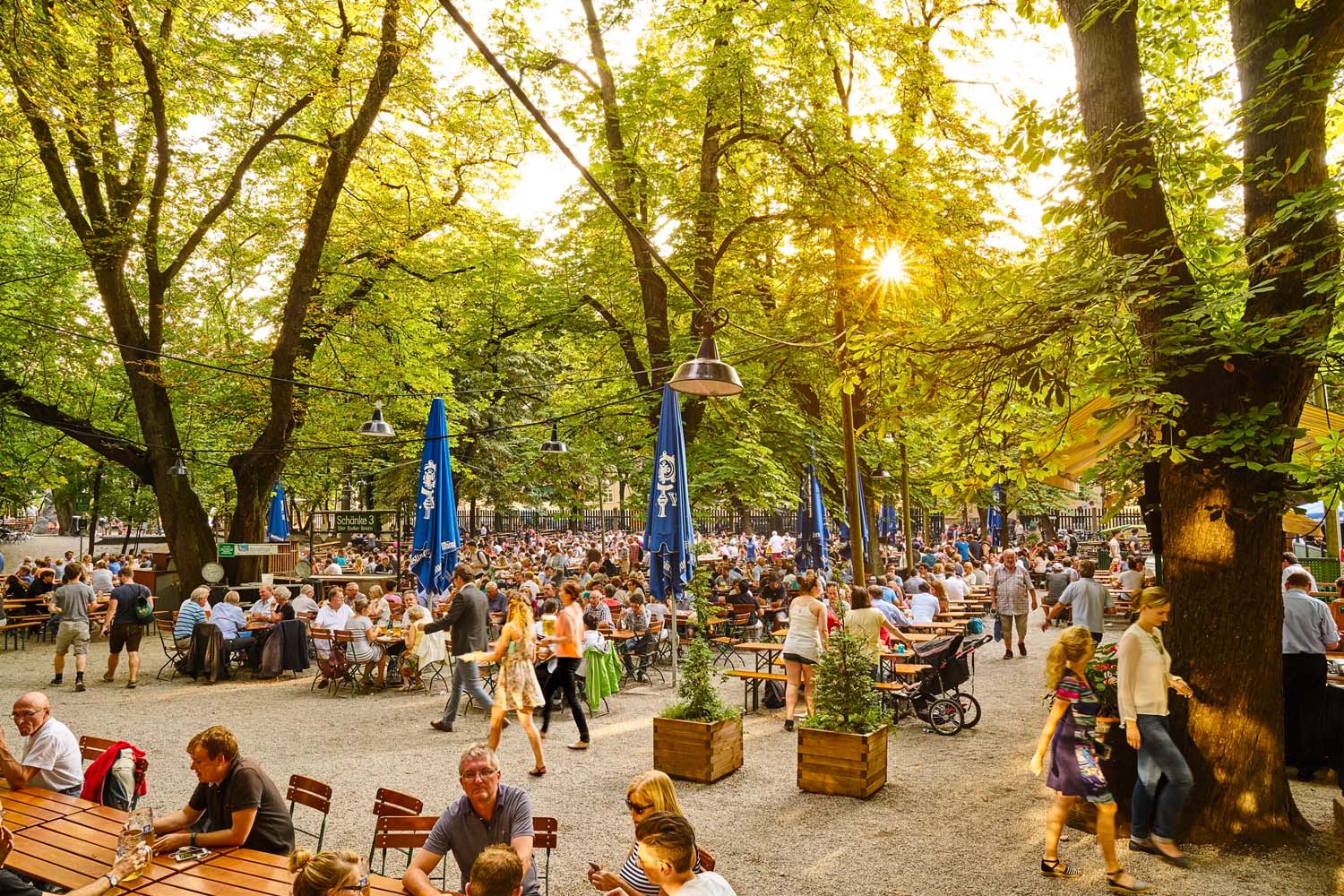
Augustiner-Keller
When a U.S. establishment hits the 100-year mark, it’s a noteworthy achievement. But through the lens of German beer, that establishment is barely old enough to drink. Augustiner-Bräu is Munich’s oldest brewery, dating back to at least 1328. You can find the beer served in plenty of spots throughout the city, but Augustiner-Keller wins out for its size and fun-loving atmosphere. The restaurant and beer hall is relatively young — the building holds records from 1812 and was purchased by Augustiner in 1862 — and has multiple spaces for eating and drinking. Upstairs, you’ll find communal tables and smaller dining room settings, while downstairs is the brick-walled, curved-ceiling cellar, which feels like stepping back in time. And outside is a 5,000-seat beer garden that’s open during warmer months, drawing patrons like moths to a flame when the sun’s out.
Wheat beer, dunkels and shandies are all available, but most visitors are here for the Augustiner Edelstoff served from wooden barrels. Order one, then order a few more, and let the glasses pile up next to plates of pfeffer schnitzel, grilled sausages and potato dumplings.
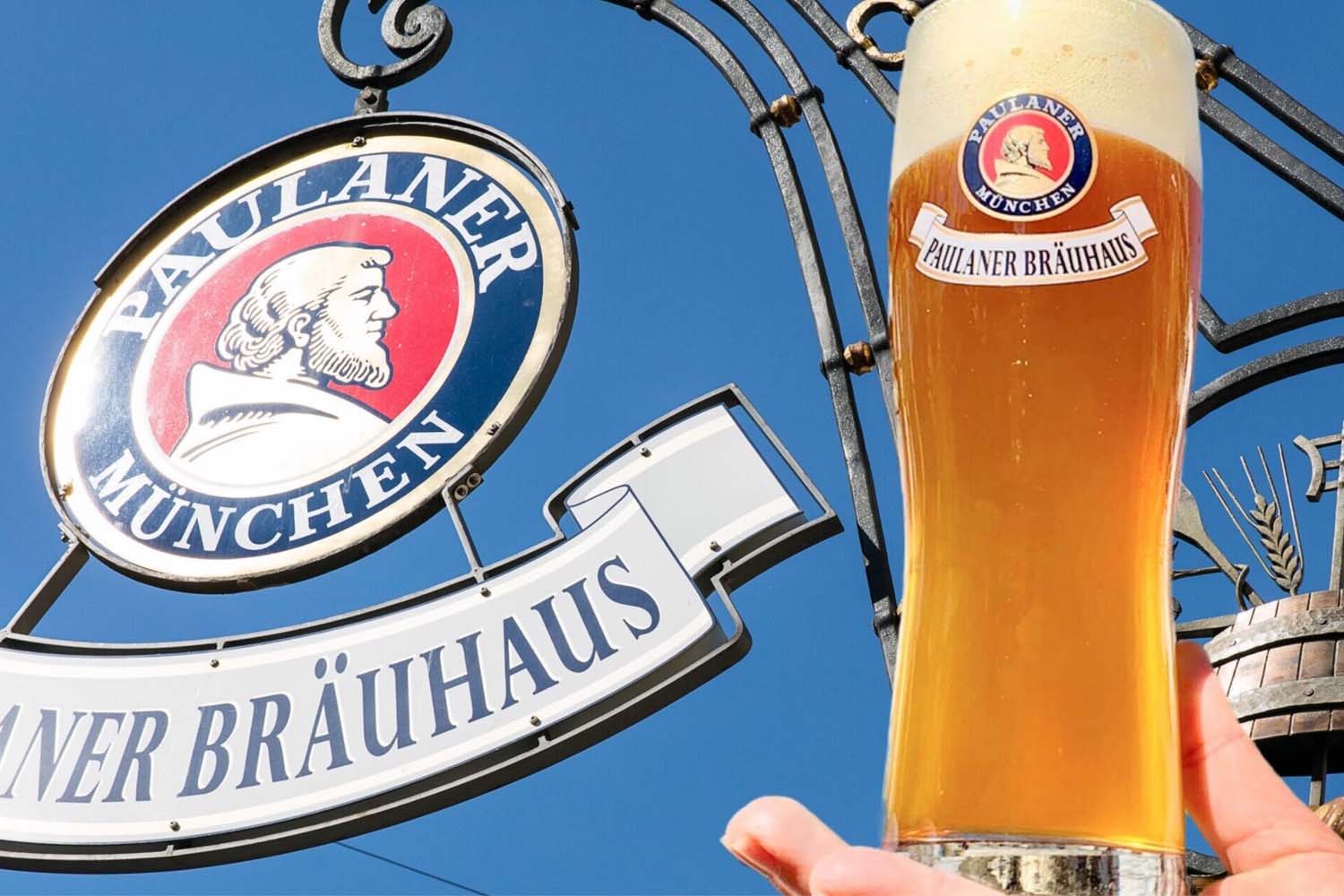
Paulaner Bräuhaus
Established in 1634, Paulaner is a popular export that’s readily available in the United States. But just like Guinness in Ireland, it tastes best when consumed directly from the source. Book a tour to see the copper kettles in action, then adjourn to a table in the dining room or the beer garden. The kitchen serves a full Bavarian menu, with dishes like soft pretzels, beer soup, spaetzle, venison goulash, schnitzel, roast pork and pike-perch filets. To drink: Paulaner zwickl, wheat beer, lager and a dark bock. And in the event you need a break from beer, this is also your chance to sip on wine, cocktails or something non-alcoholic like coffee, tea and lemonade.
How to Train for (and Win) an Oktoberfest Steinholding Competition
You’re not going to be the first mug down this year. We’ve got a plan.Spaten-Franziskaner-Bräu
Spaten is another of Munich’s oldest, most historic breweries, with records dating back to the 14th century. Here you get a three-for-one experience. Following a couple of acquisitions and mergers, this massive brewery now produces Spaten, Franziskaner and Löwenbräu under the same roof. The facility offers comprehensive tours that take visitors behind the scenes, where you can caress a copper brew kettle, see the bottling line and stroll through a small museum filled with historical artifacts, including old barrels and labels. It all ends with a beer tasting, so make sure you stick around until the end.
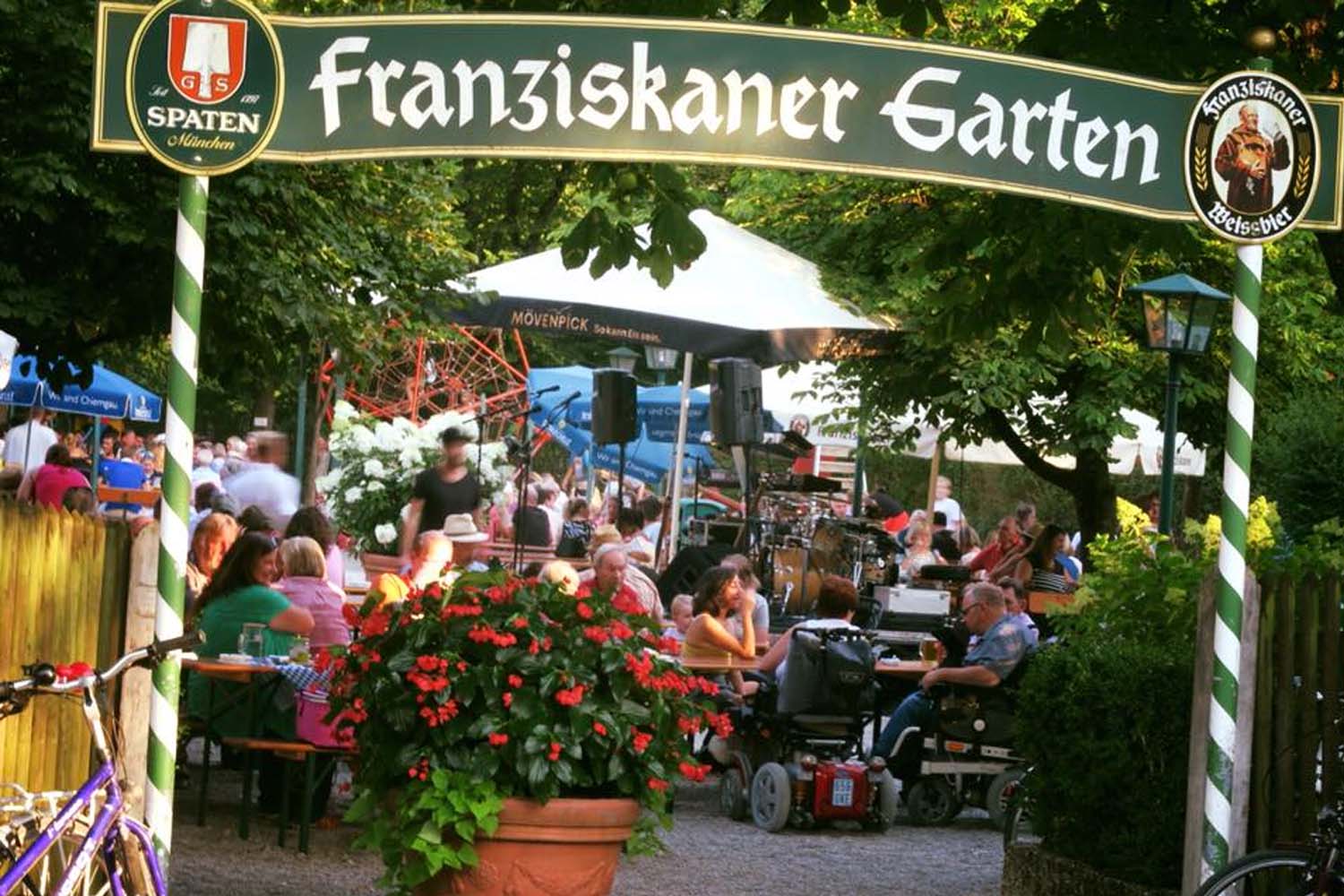
Franziskaner Garten
For more drinking and less walking than you’ll experience at the triple-threat brewery above, head to Franziskaner Garten. The cozy inn and restaurant is open year-round to ply visitors with Spaten, Franziskaner and Löwenbräu beers alongside Bavarian cuisine, including schnitzel, fish and local cheeses. During summer, the tree-lined beer garden is the place to be, with room for 2,000 guests who gather for al fresco drinks and vitamin D.
Hofbräuhaus
Another of Munich’s most historic breweries, Hofbräuhaus was founded in 1589 by Bavarian Duke Wilhelm V and opened to the public as a tavern and restaurant in 1828. The current iteration is located just off the main Marienplatz square, home to the famous Glockenspiel, so it’s an easy stop for wandering tourists. The spacious beer hall welcomes thousands of guests each day who gather at communal tables for roast pork, sausages and live polka music. A liter of Hofbräu Original is the smart play here, and it makes a great head-dwarfing photo. Other options include the dunkel and Weißbier (wheat beer), plus a handful of seasonals, including summer, winter and Oktoberfest brews.
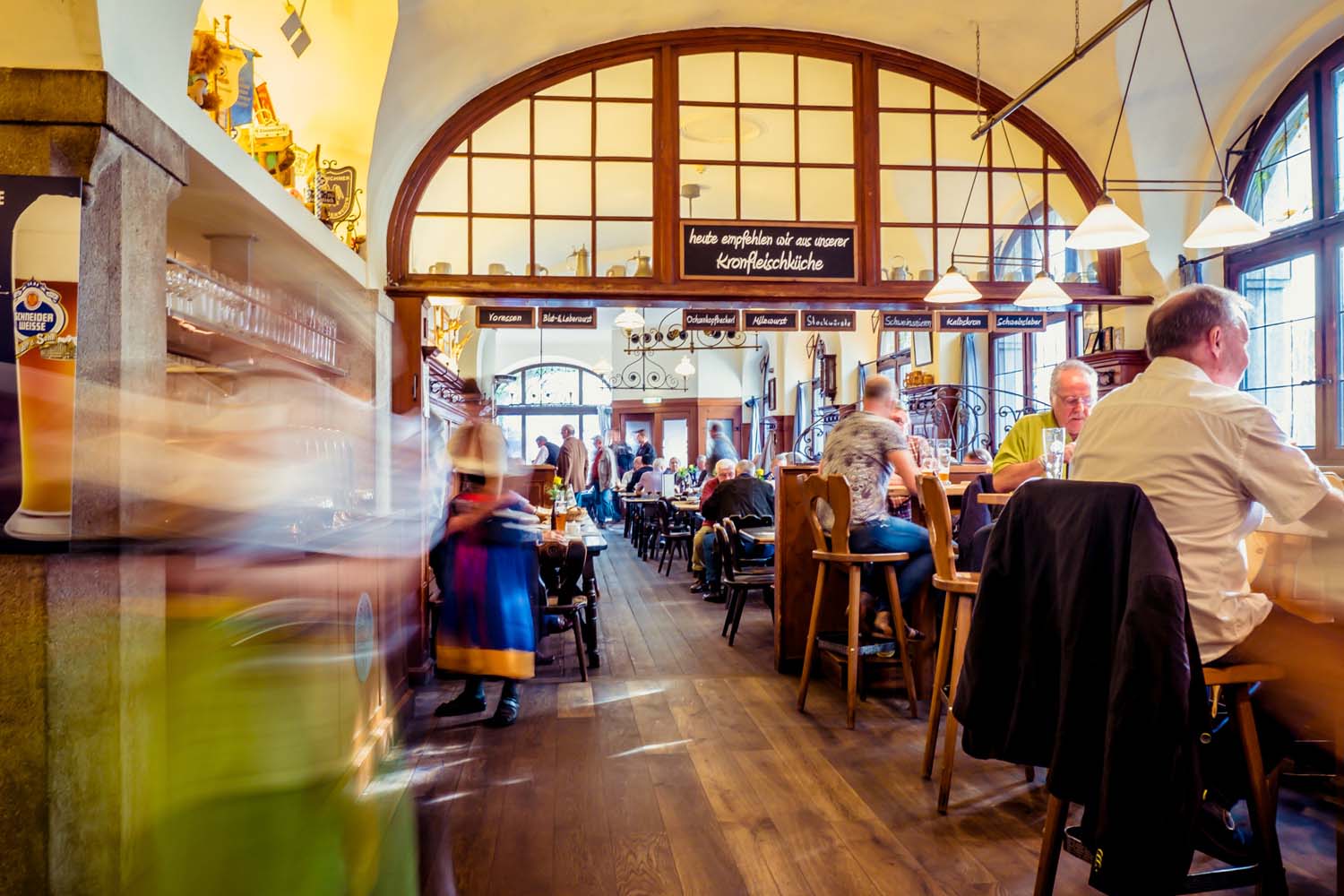
Schneider Bräuhaus
Start your morning at Schneider Braühaus to partake in the traditional breakfast of white sausages and wheat beer. The sausages are made from veal, pork, herbs and seasonings, and they taste a lot better than they look, especially when paired with a soft pretzel and sweet mustard. Schneider is an inn, restaurant and brewery that’s been around for more than 150 years, and it’s a common stop on the Munich to-do list. The atmosphere is lively, the beer is plentiful and the restaurant menu is about as Bavarian as it gets. Classic dishes like sausages, suckling pig, potato pancakes and liver dumplings with sauerkraut are joined by kronfleisch, a local cuisine that celebrates whole animal cooking and includes offal like kidneys and lungs.
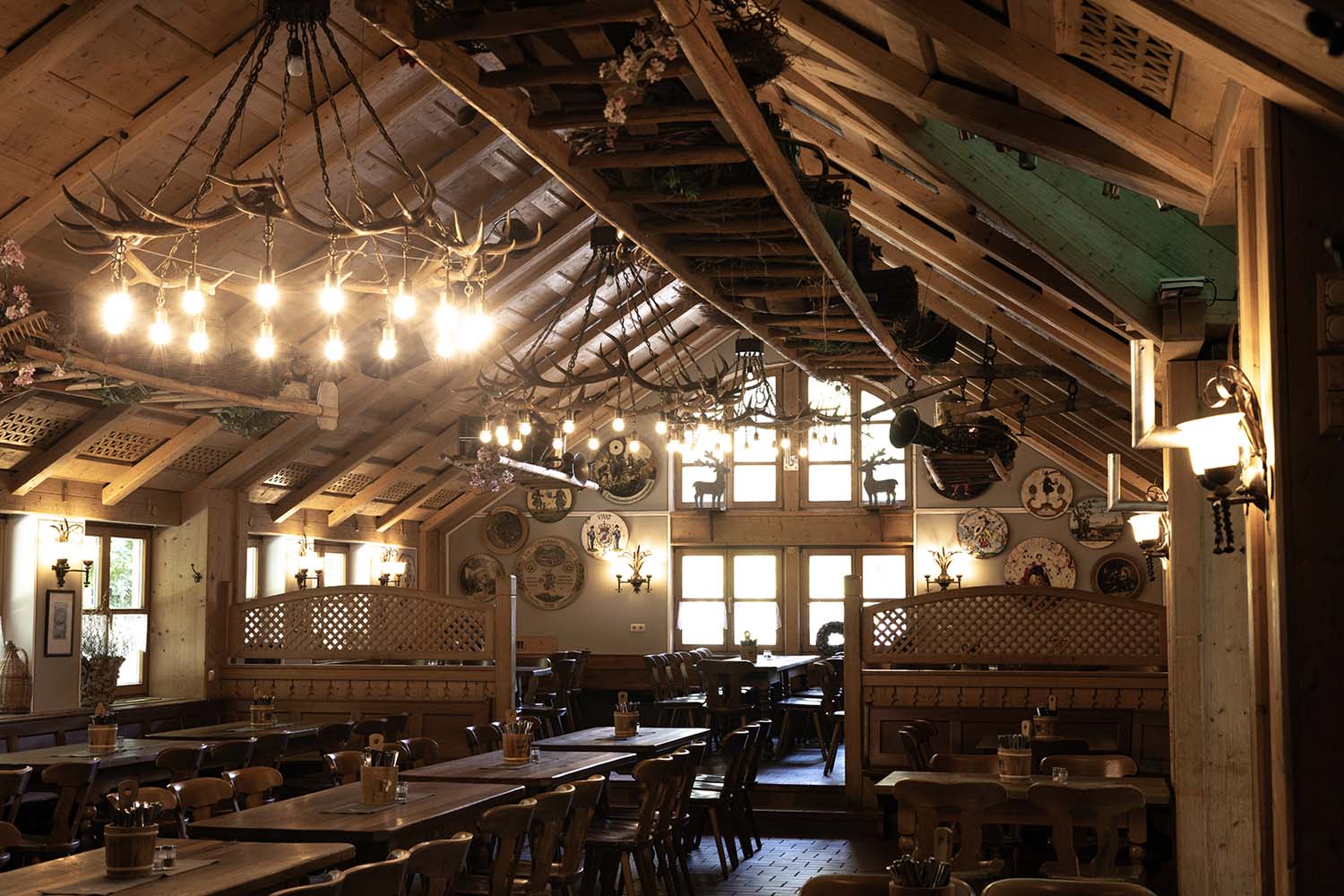
Hirschgarten
The biggest beer garden in Munich — and maybe the world — Hirschgarten has 8,000 seats and feels like one big party. The numbers approach stadium-level, but the venue and its staff are skilled at pouring beers and serving plates with surprising speed, and a few self-service huts keep things moving with an assortment of DIY snacks. The menu is massive and varied, with multiple brands of German beers, wines, aperitifs and digestifs. Collect them all, just be sure to save room for a fresh pretzel and a Hunter’s Plate, stacked with sausage, venison meatballs, ravioli and potatoes.
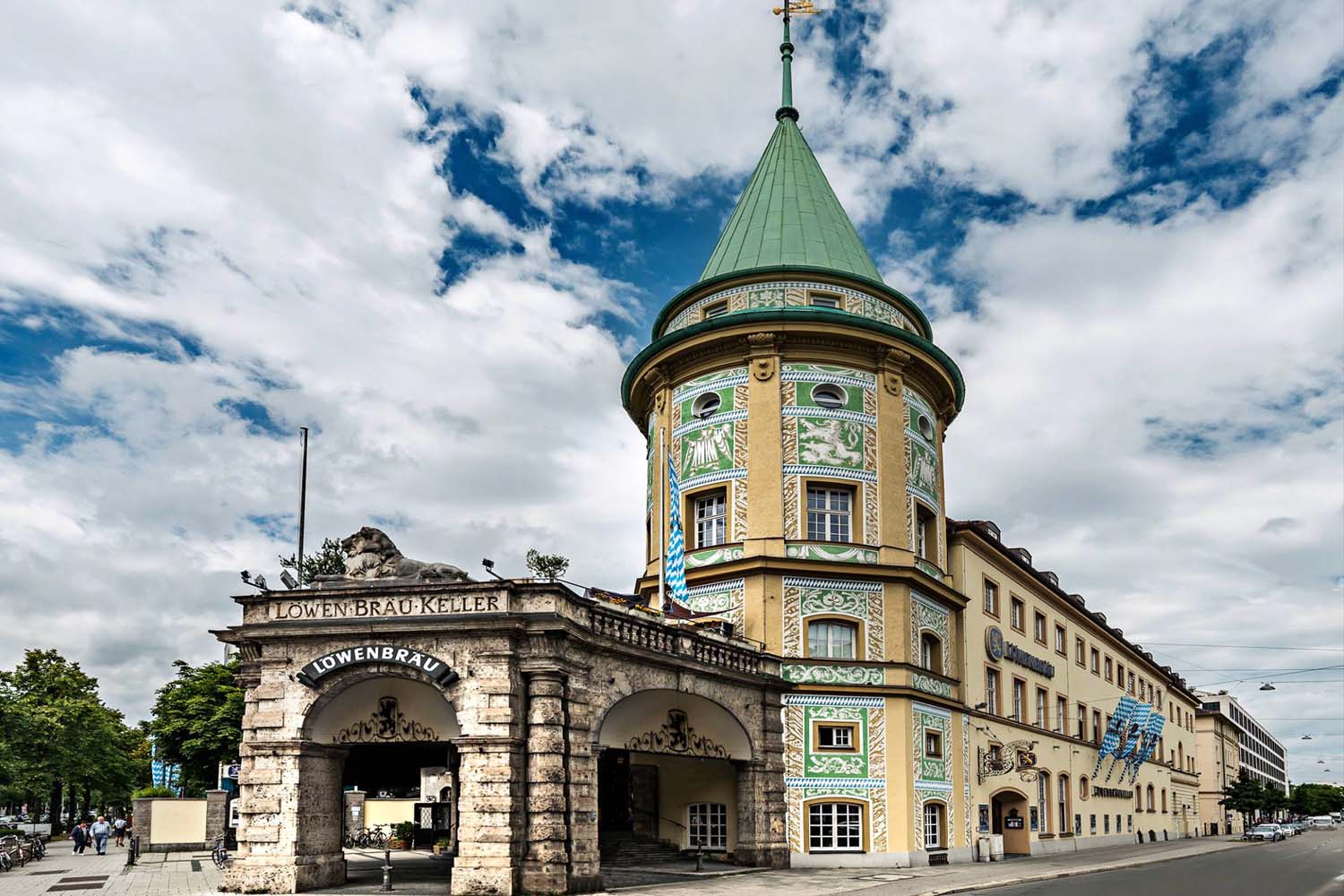
Löwenbräukeller
Opened in 1883, Löwenbräukeller is a restaurant and beer garden located a short walk from the brewery that makes it. It’s also close to Augustiner-Keller, in case you’ve got the thirst and fortitude for a multi-stop field trip. Indoor dining rooms are joined by a 1,000-seat shaded beer garden, and the menu features soups, salads, meats and cheeses, white sausages, currywurst, suckling pig and other hearty fare to help you soak up all that beer.
Der Pschorr
An official outpost of Munich brewer Hacker-Pschorr, this brewery house and restaurant sits at Viktualienmarkt, an open-air market teeming with vendors. Shop and snack your way through the market, then grab a seat inside Der Pschorr or outside in the beer garden. Traditional wooden barrels sit on ice until they’re ready to be tapped, at which point they dispense Hacker-Pschorr lager, wheat beer and seasonal beers. If you’re hungry, the food menu is filled with Bavarian specialties, including braised prime rib with red wine sauce and horseradish, pork knuckle, veal dumplings, sauerkraut and sausages.
Biergarten Viktualienmarkt
If you didn’t get your fill at Der Pschorr, the Viktualienmarkt beer garden is just 100 meters away and is the perfect beer-fueled rest stop when sightseeing. It’s situated at Munich’s largest food market and has hundreds of seats split between full-service and self-service areas. There’s food on-site, but the best bet is to grab something for lunch at one of the surrounding food stalls, which sling everything from currywurst and pretzels to falafel, soups and sandwiches. Beers rotate every few weeks between Munich’s six major breweries: Augustiner, Hacker-Pschorr, Hofbräu, Löwenbräu, Paulaner and Spaten.
This article was featured in the InsideHook newsletter. Sign up now.
